Keywords: Sexual Abuse Crisis
-
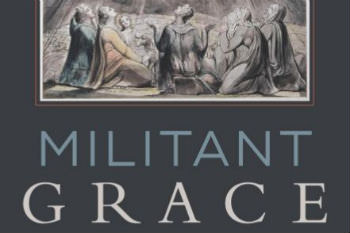
RELIGION
- Kevin Hargaden
- 17 April 2019
6 Comments
One of the most vibrant theological movements in the world today declares itself 'apocalyptic'. This does not refer to the end of the world because of some political conflict, or the great derangement that flows from the climate disaster. These theologians are using apocalyptic in its original Greek sense — apo kalypsis — a revealing.
READ MORE 
-

RELIGION
- Andrew Hamilton
- 01 April 2019
75 Comments
The sentencing of Pell highlighted the dismay and soul-searching among Catholics at sex abuse and its devastation of the lives of victims and their families. It also brought home the depth of the crisis caused by clerical sex abuse in the Catholic Church. Although it still challenges understanding, a historical parallel may help illuminate it.
READ MORE 
-
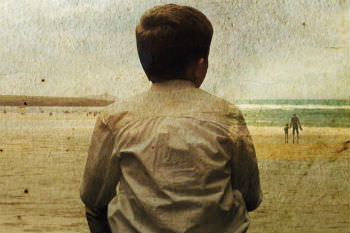
RELIGION
- Tracey Edstein
- 18 February 2019
28 Comments
My hope is that the summit will recognise that the hierarchical nature of the institutional church, and its corollary, clericalism, is the biggest stumbling block to making the church not merely a safe place for all, but the welcoming, compassionate, open community it is intended to be.
READ MORE 
-
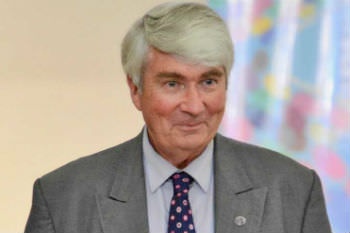
RELIGION
- Frank Brennan
- 18 February 2019
'We can do this better by breaking down the silos and binding together our concern for nature, justice for the poor, commitment to society, and interior peace.' Opening Keynote Address by Fr Frank Brennan SJ at the Catholic Social Services Australia National Conference, Port Macquarie 19 February 2019.
READ MORE
-

AUSTRALIA
- Andrew Hamilton
- 18 February 2019
33 Comments
This week the presidents of bishops conferences and representatives of religious congregations around the world will meet in Rome to reflect on responses to the sexual abuse of children To understand and evaluate the meeting, we should keep in mind its background and the different groups that have a particular interest in it.
READ MORE 
-

AUSTRALIA
- John Warhurst
- 04 February 2019
10 Comments
Kenneth Hayne's royal commission into the financial sector has named, shamed and excoriated banks, regulators, insurance companies and other financial services businesses to the extent that you would think they are now extremely vulnerable and universally unloved. That would be a mistake.
READ MORE 
-
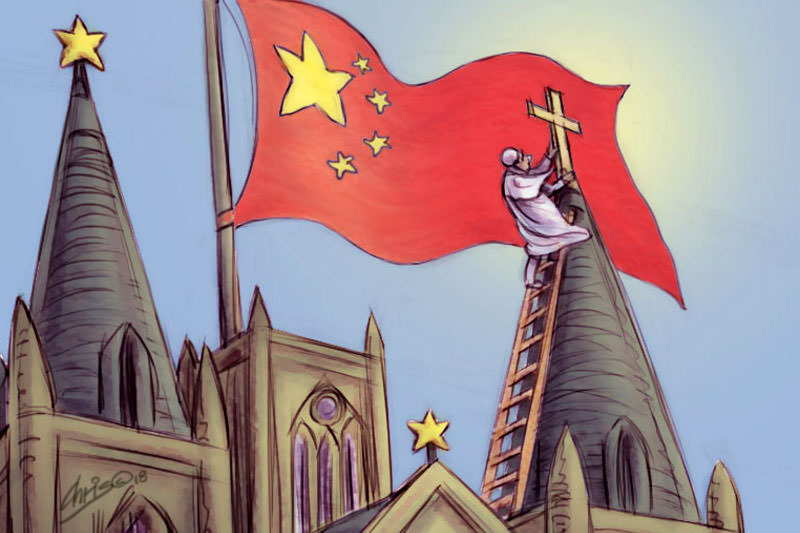
INTERNATIONAL
- Jeremy Clarke
- 28 September 2018
4 Comments
In light of the self-serving and at times criminal behavior of bishops around the world as revealed by the sexual abuse crisis, it might seem strange that the appointment of bishops is such a neuralgic issue for Vatican-China relations. But in China, the appointment of bishops has become the litmus test of a so-called orthodoxy in much the same way right-to-life issues are in the USA.
READ MORE 
-

RELIGION
- Jim McDermott
- 31 August 2018
19 Comments
The Annabel Crabb-led Back in Time for Dinner has some perhaps inadvertent lessons for society — and for the Catholic Church. Amid the frothy wonder of it all come unexpected moments of pain and dislocation. We are always in the process of seeing and becoming.
READ MORE 
-

RELIGION
- Jim McDermott
- 21 August 2018
22 Comments
The idea of some sort of communal action by bishops does speak to the deepest desire of many if not most US Catholics: that leaders of the US Church might finally take responsibility for their actions, and demonstrate that the pastoral needs of their people and the Church are more important than their own status or position.
READ MORE 
-
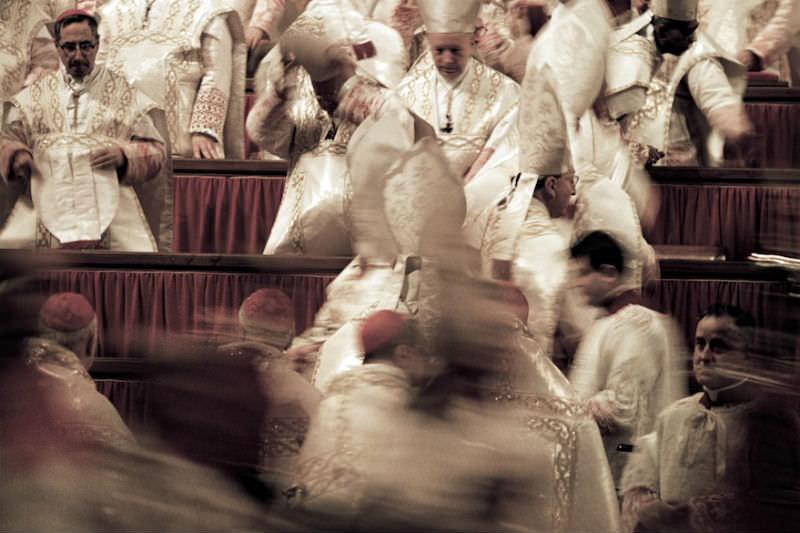
RELIGION
- Justin Glyn
- 08 August 2018
21 Comments
Canon law, not usually a household term, has come into the public eye of late, especially in the wake of the Royal Commission into Institutional Responses to Child Sex Abuse. Given this newfound prominence, it seems a good time to have a look at what canon law is — and what it isn't.
READ MORE 
-
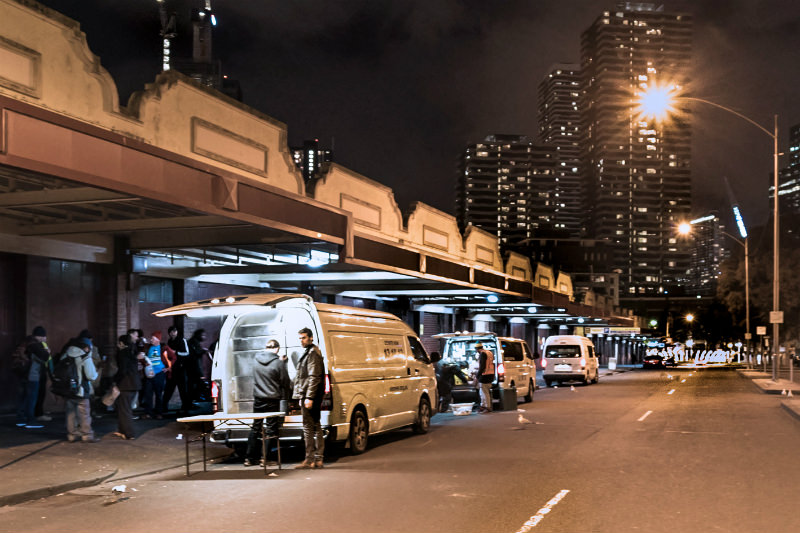
RELIGION
- Andrew Hamilton
- 27 July 2018
11 Comments
The Fitzroy Soup Van is in good hands because its people recognise the tension between the need for compliance with security and safety regulations and the call to draw close to people whose lives are lived beyond those boundaries.
READ MORE 
-
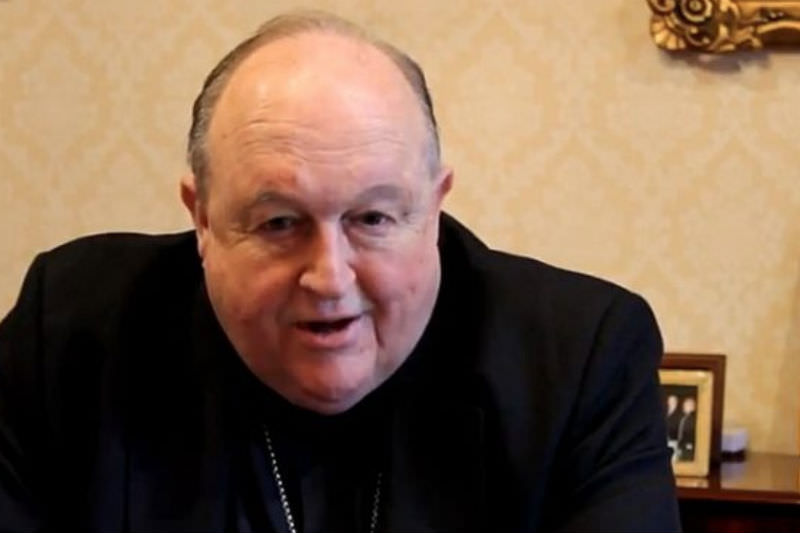
MEDIA
- Suzanne Smith
- 19 July 2018
28 Comments
In May 2018 Archbishop Wilson was convicted of concealing a serious indictable offence relating to the sexual abuse of a teenage boy by a priest in his diocese. Wilson is the highest ranking Catholic cleric to be convicted of such an offence. The Church's response to this episode should be of particular interest.
READ MORE 